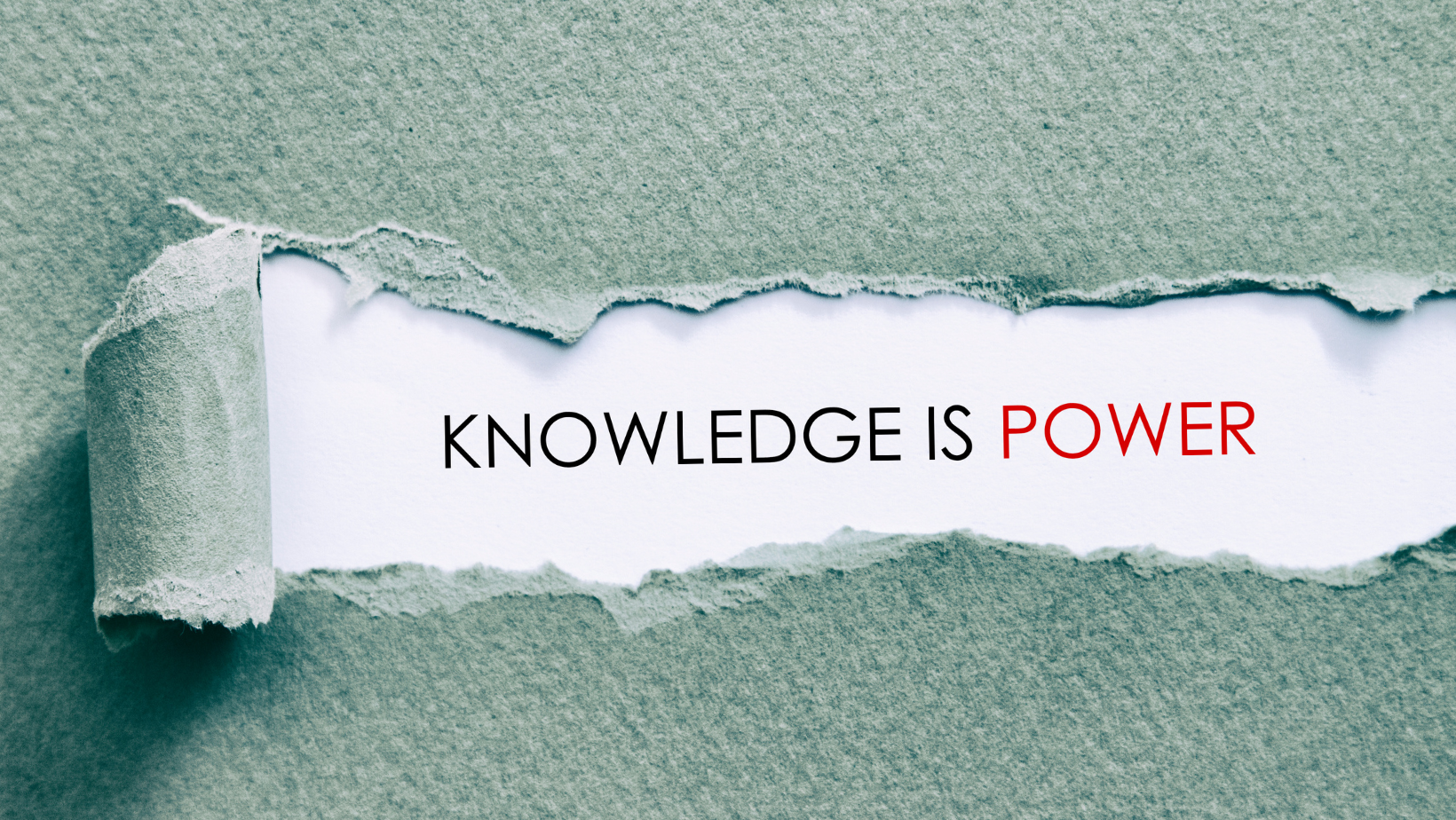Is Intentional or Unintentional Ignorance at the Root of the Attack on DEI? – Part II

A Gemisode® Series – Part II
In part I of this Gemisode, we introduced the term intersectionality, coined by legal scholar, educator, and activist Dr. Kimberlé Crenshaw in 1989. We also shared our perspective on the impact of failing to address and educate people on the realities of the human experience. Now it’s time to delve deeper into ignorance, specifically intentional vs. unintentional ignorance.
The Consequences of Ignorance
Ignorance, or the absence of knowledge, is at the heart of many issues surrounding the backlash against DEI initiatives. The refusal (intentional) to educate oneself on the full scope of an issue often results in people unknowingly participating in their own lack of awareness. In other instances, there is a coordinated (intentional) effort by those in power to ensure that the people they lead do not gain the knowledge necessary to form more well-informed positions on matters. When people are not educated about the importance of and the realities of what awareness and inclusion seek to address, they are more likely to oppose it. This ignorance can lead to harmful consequences, such as the marginalization of certain groups, fear, anger, and the perpetuation of stereotypes and biases.
For instance, men’s health issues often go unaddressed due to societal norms that discourage men from discussing their health. Similarly, the needs of individuals with PTSD may be overlooked if there is a lack of understanding and awareness about the condition. By fostering a culture of education and awareness, we can begin to address these issues more effectively.
The Role of Organizations and Leaders
Organizations and leaders, including parents, teachers, and community leaders, play a crucial role in promoting and advancing awareness. They have the power to create awareness, shift mindsets, and implement practices that support inclusivity. This not only helps to create a more positive culture but also enhances their ability to meet the needs of a diverse customer, consumer, or employee base.
Key Takeaways and Actions for Consideration
- Educate and Train: Creating awareness is the first step in any initiative. Implement comprehensive programs and campaigns that cover a broad range of topics beyond race, gender, sexuality, and disability, and also encompass societal needs, trends, and shifts.
- Promote Awareness: Use awareness months and other opportunities to educate those you serve and the broader community about different identities and issues. This can help to foster empathy and understanding.
- Encourage Open Dialogue: Create pathways and forums for discussion. Bring in credible and credentialed experts who can guide, lead, and support others in sharing and learning about different experiences and perspectives. This can help to break down barriers and build a more inclusive culture.
- Lead by Example: Leaders should model inclusive behavior and demonstrate a commitment to such in their actions. This sets the tone for those being led.
- Commit to Your Own Awareness: Depending solely on others for your development is a recipe for an incomplete understanding. It is the responsibility of every person capable of seeking varying perspectives to do so and educate themselves on the issues impacting the world around them.
- Measure and Improve: Organizations and leaders should regularly assess the effectiveness of their initiatives, be open to feedback, and use the information learned to make continuous improvements. On an individual level, testing one’s assumptions and measuring growth and awareness in various areas is crucial for personal development.
DEI and its tenets should not be a buzzword, a fad, nor should they be viewed as cuss words. We live in and take up space in a vast and richly diverse world—just look at the animal and plant kingdom for context! It is, therefore, a fundamental aspect of creating a better and more inclusive society. By educating ourselves and others, we can combat ignorance and foster a deeper understanding of the diverse identities that make up our world. This not only benefits individuals and communities but also enhances the success and sustainability of humanity and businesses.
So, what will your choice be? Will you commit to awareness through education, or will you commit to ignorance? The path you choose will shape the future of our communities, workplaces, and society at large.
I'm Charmaine. CEO and Founder of Chapter tOO™ and your guide to professional and business optimization. More About Us
Welcome!
A NYC certified Minority/Women-Owned Business Enterprise (M/WBE)
© 2021- 2025 Chapter too™ all rights reserved.